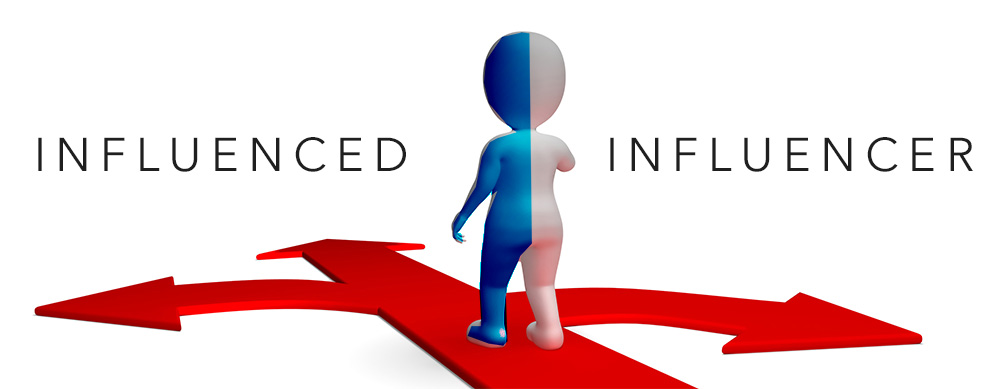
How do you want to be seen by others? As someone who is always in control and limits input from others? Or as someone who is open to others’ suggestions, but also confident in their own judgement? Whether it’s in our professional or personal relationships, we all want to influence the path of our career as well as our pursuit of happiness and fulfillment. But how can we achieve this without limiting our access to the ideas and insights of others?
Influence and Relationships
The answer lies in finding the balance between influencing and being influenced. In this article, we will explore what it means to be a balanced leader and how empathy, self-reflection and judgement can help us achieve this balance in any type of professional or personal relationship.
Understanding the Power of Influence
When we think of influence, it’s usually associated with power, but the truth is that a balanced relationship requires both influencing and being influenced. Having the ability to influence someone doesn’t mean having control over them – it simply means using empathy and understanding to guide positive relationships. We can still have a voice in our relationships without dominating them.
Empathy and Self Reflection: The Foundation for Balanced Relationships
Empathy is the ability to understand and share the feelings of another person. It’s a key trait for any leader who wants to achieve a balance between influencing and being influenced. By understanding someone else’s perspective, you can gain insight into their thoughts and feelings, enhancing your connection when it comes to functioning as a sincere servant leader. In short, empathy builds trust, which in turn creates a positive environment for both influencing and being influenced.
It’s easy to get caught up in our own emotions or opinions, but it’s important to take a step back and assess the situation objectively. Self-reflection is another important skill for balanced leaders. Taking the time to reflect on your own thoughts, feelings and actions will help you gain clarity and understanding of your own goals and motivations, as well as how they may differ from those of others.
Judgement: The Blending of Intellect and Instinct
Intellect and instinct both have their place. Intellect enables us to logically analyze a situation, foresee potential problems, and plan out our response accordingly. It is the more cerebral side of decision-making that allows us to make well-informed decisions. Instinct, on the other hand, is rooted in emotion and intuition. It gives us the ability to respond to a situation quickly and with greater accuracy.
When it comes to sound judgement, we must be mindful of not relying too heavily on either one. Too much intellect can lead us to overthink and second guess ourselves, while too much instinct can cause us to act rashly without considering all options. To truly make the most effective decision possible, we must find a way to balance both our intellect and instinct.
Ultimately, judgement is what allows balanced leaders to make decisions based on both their own insight, as well as the thoughts and feelings of those around them. Knowing when to trust your own judgement and when to consider other people’s opinions is an invaluable skill for anyone looking to influence without limiting themselves.
Taking Action to Balance Your Influence
By understanding the power of empathy, self-reflection and judgement, we can create positive relationships that are based on mutual respect and understanding. Empathy helps us understand others’ perspectives, while self-reflection and judgement allow us to make decisions based on both sides of the story. With these tools, we can create strong relationships that are both influential and influenceable.
Ultimately, the art of being influenced without limiting yourself will help you build strong and meaningful relationships both professionally and personally. Whether it’s at work or with family and friends, taking the time to practice empathy, self-reflection and judgement can have a profound effect on the trajectory of your career and your path to happiness and fulfillment. So don’t limit yourself — instead, embrace the art of being influenced without forgetting who you are.
By implementing these strategies into your daily life, you will be well on your way to becoming a balanced leader who is confident in their decisions, but open to being influenced. With the right balance between influencing and being influenced, you can achieve success in any type of professional or personal relationship.